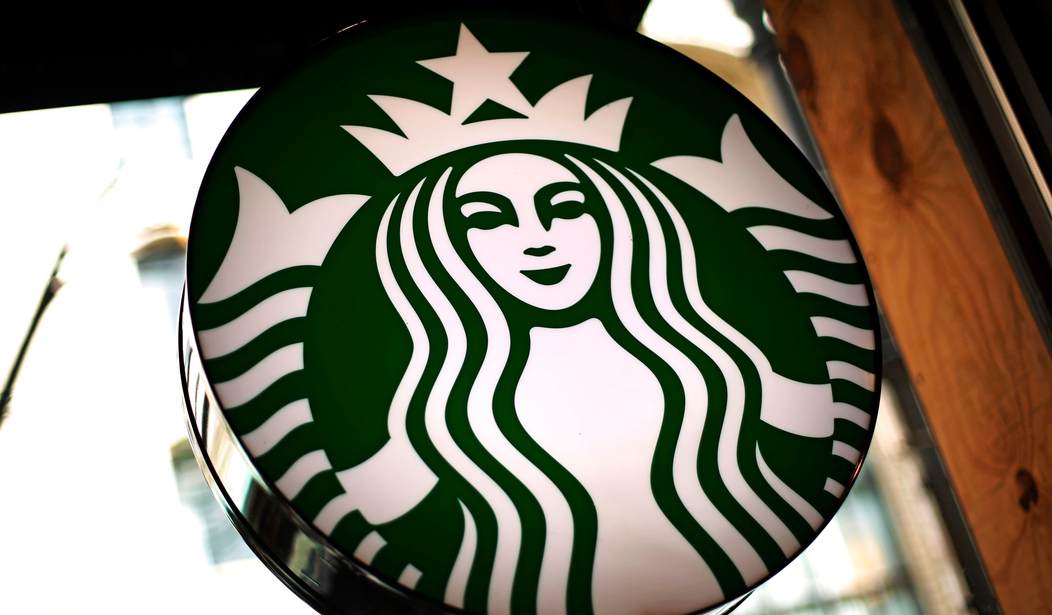On Tuesday, Starbucks closed their stores across the nation to hold an "anti-bias" training after Donte Robinson and Rashon Nelson, two black men, were arrested for loitering at a Philadelphia store without buying anything.
Multiple Baristas who attended the training told Philadelphia Magazine that the company beat around the bush when discussing racial issues.
"I was really disappointed when I walked out of there because I was expecting so much more,” an 18-year-old black woman, pseudonym Tina, said.
According to the woman, Baristas were given a 68-page guide where they were asked to respond to writing prompts with various scenarios.
“It felt like we were off task the entire time because we didn’t reflect on the situation itself,” the woman said, referring to the incident involving Robinson and Nelson. “The training materials focused a lot on police brutality, which had nothing to do with the incident that happened.”
Another attendee, a 27-year-old Latino man, pseudonym Jamie, said the executives leading the session came close to talking about the incident only when attendees asked about it.
For some participants, the most upsetting aspect of the training was the focus on police brutality. Here's what the Philadelphia Magazine reported:
“The videos of cops knocking people down and fighting people were really disturbing,” Tina explained. “I told them I didn’t like the video and they told me they understood and that I was open to give my opinion.” What does watching videos about police brutality have to do with the situation that happened, Tina said she kept asking herself. “They went too deep into it and missed the point all at the same time.”
“At one point,” said Jamie, “a girl at my table actually had to get up and leave because video after video they showed black people being assaulted by police or black people being verbally assaulted and white people being racially biased toward people of color. It offended her. She left after that.”
Recommended
On top of it, employees of color felt uncomfortable by the videos they were forced to watch.
“By the end of it I was very exhausted. These are conversations I don’t ever have at work,” Jaime Prater, a biracial shift supervisor at a Starbucks in Rancho Cucamonga, Calif. told the Wall Street Journal. “I don’t think Starbucks realized how uncomfortable it would be for people of color to have to watch these videos and talk about this. But sometimes we need to be uncomfortable.”
According to Cordell Lewis, a manager in Missouri, there were Baristas who felt left out. “I have trans partners and Philippine partners, and they were like, ‘What about me?’”
Here's one of the videos Starbucks showed its employees:
























Join the conversation as a VIP Member